Ep. 58: Becoming Fully Human w/ Barbara Brown Taylor
Show Notes
Episode Summary
Barbara Brown Taylor is who you want to be when you grow up. Her life is a legacy of wisdom and wonder, walking the long road toward becoming fully human. In this intimate conversation that is more memoir than interview, she looks back on a long pilgrimage of faith while sharing some of the secrets she’s found along the way. As she reminds us, “This is not the life I planned or the life I recommend to others. But it is the life that has turned out to be mine, and the central revelation in it for me—is that the call to serve God is first and last the call to be fully human.”
She shares what suffering and pain have taught her, and how life isn’t so much about eliminating the bad but finding a balance between light and darkness, despair and hope. Together, we explore what it means to slow down and listen to your life, to embrace your humanity as you strive for the Divine. As favorite poet Mary Oliver wrote, “To live in this world you must be able to do three things. To love what is mortal; to hold it against your bones knowing your own life depends on it; and, when the time comes to let it go, to let it go.” I hope you will take the time to listen to your life, to see it for all the beauty and agony it brings as you too walk this long pilgrimage toward becoming fully human, fully divine.
Bio
Barbara Brown Taylor is An American Episcopal priest, professor, and New York Times bestselling author who has dedicated her life to the pursuit of becoming fully human. Her most beloved works include An Altar in the World, Learning to Walk in the Dark, and Holy Envy: Finding God in the Faith of Others. She completed her undergraduate work at Emory University and went on to study at Yale Divinity School where she graduated in 1976. In 1996, she was named one of the twelve "most effective" preachers in the English-speaking world by Baylor University. She was awarded the 1998 Emory Medal by the Emory Alumni Association of Emory University for her distinguished achievement in education. She has been an Avon lady, a cocktail waitress, a horseback riding instructor, and a parish minister, but her favorite job was teaching world religions at Piedmont College for twenty years before putting the chalk down in 2017. She now divides her time between writing, speaking, and caring for the land on which she lives. Barbara and her husband Ed tend a small farm in the foothills of the Appalachians.
Quotables
“I was raised by parents who took me to libraries instead of churches.”
“It took teaching world religions to realize Christianity was probably the most diverse, global tradition. And there are hundreds if not thousands of ways of being Christian.”
“It’s a wide, wide Christian world and I still identify that way…I’m the kind of Christian who will never be fully cooked.”
“I’m clearly a person who believes what we most have in common is our humanity, not our religion.”
“Jesus never told me to love my religion…If given the choice between loving my religion and loving my neighbor, I choose the neighbor.”
“If we are made just a little lower than the Angels and made in the image of the Divine, it is quite something to be human.”
“Both in Christian life and life universally, I keep meeting people who don’t feel fully equipped yet to live their lives.”
“If I’m going to love my neighbor, it is extremely important to ditch my stereotypes.”
“We do a lot of judging one another by our yard signs, and I am so weary of that dichotomy.”
“There was a time when my writing about Nature earned me a kind of outsider status of being pagan or pantheist.”
“For the first time I began to see all the people my beloved tradition left out.”
“Outsider status really ended up being like pilgrim status.”
“As a mainline Episcopalian, what could be further from where most evangelicals started.”
“I don’t speak of the Christ, but I’m happy to talk about Jesus.”
“I do believe the spirit of God lives in ALL that God has made.”
“Darkness is the way of unknowing…It’s the way you set your feet on when you don’t know where you are going.”
“You shed a lot of beliefs along the way as you acquire wisdom and experience and new friends.”
“What darkness has taught me is that it is fine to slow down enough in the dark to feel my way instead of thinking my way forward.”
“Suffering is not a spiritual practice I would choose, but it seems unavoidable.”
“I think the hardest thing about suffering is the idea that we are alone in it.”
“It’s really helpful for people to look in their folders marked darkness and see what is in there and interrogate what is in there.”
“There are a lot of things we wrestle with out of the public eye that we acquire the wisdom to speak about it IN the public eye.”
“I think you just unearthed my primary faith statement which is, ‘I choose to believe the universe is for me and not against me.’”
“I do wake up curious every day of my life, and I wake up attentive and with wonder.”
“The time ahead is so much shorter than the time behind, so it’s time to get serious about things.”
“I think the Benedictines said every day keep your death before you. Not to make you a grim reaper but to make you aware of the preciousness of what you have.”
Please follow us on social media (use the buttons below) and help us get the word out! (Also, please don’t hesitate to use any of these channels or email to contact us with any questions, concerns, or feedback.)
Support Us on Patreon
And get access to every episode 5 days early! In addition, your financial support gives us the time we need to be able to create and produce amazing content, including Patreon-exclusive content. Please consider joining our team of patrons by clicking the button below. Thank you!
If you prefer just giving with no strings attached, you can also just buy us a coffee! Any amount helps us cover the costs of creating this show.
Credits
This episode was produced by The Sophia Society and written by Gary Alan Taylor. Music is by Faith in Foxholes.

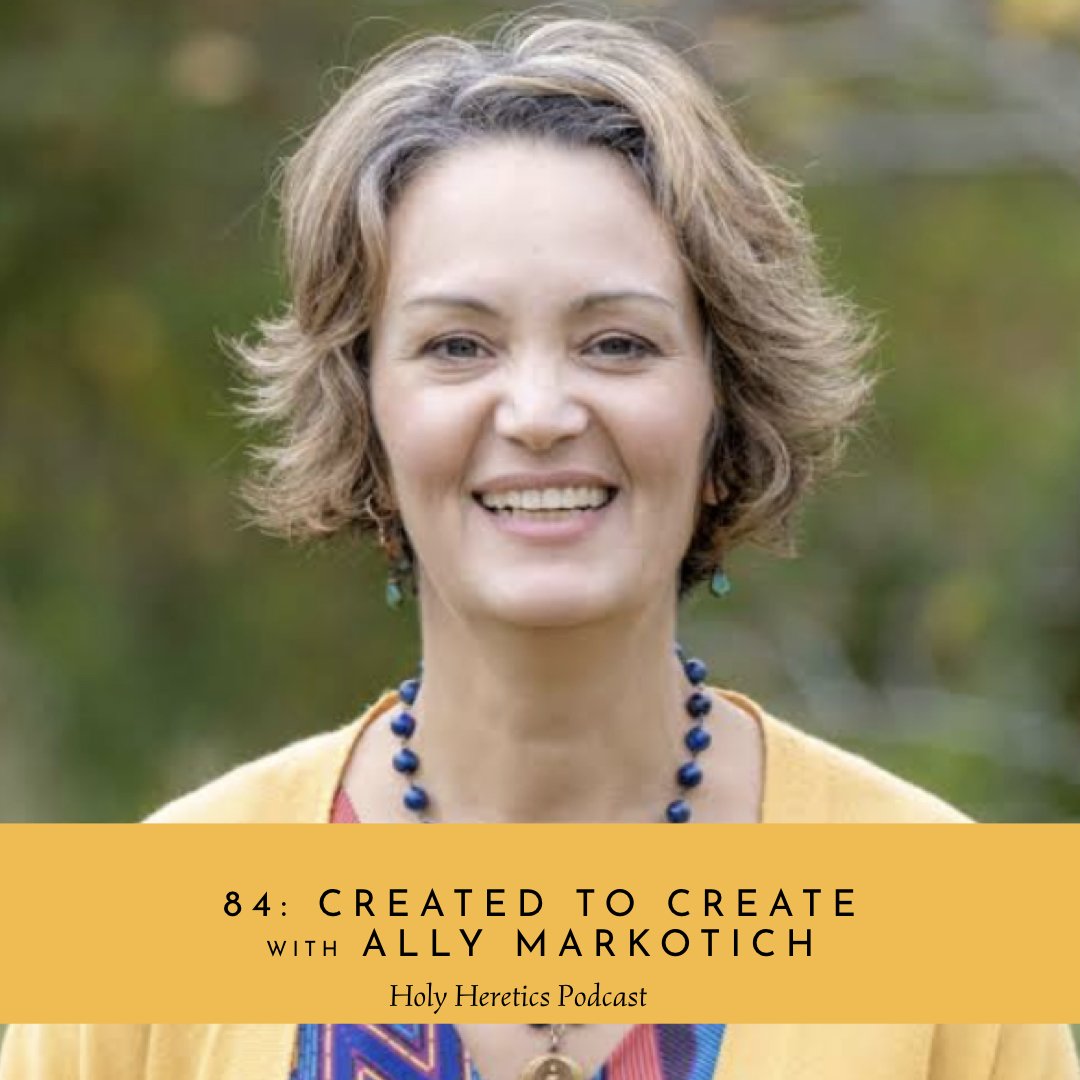
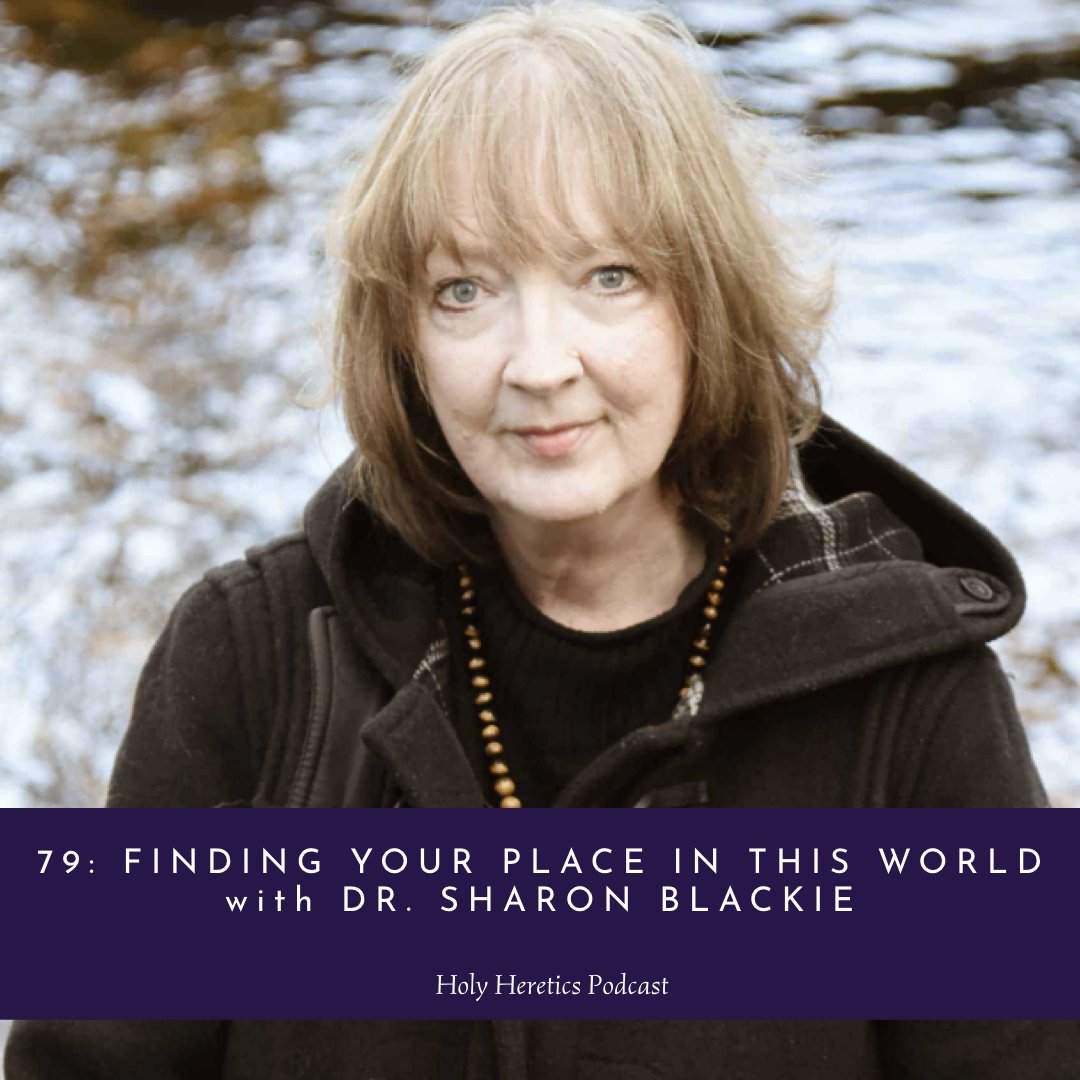
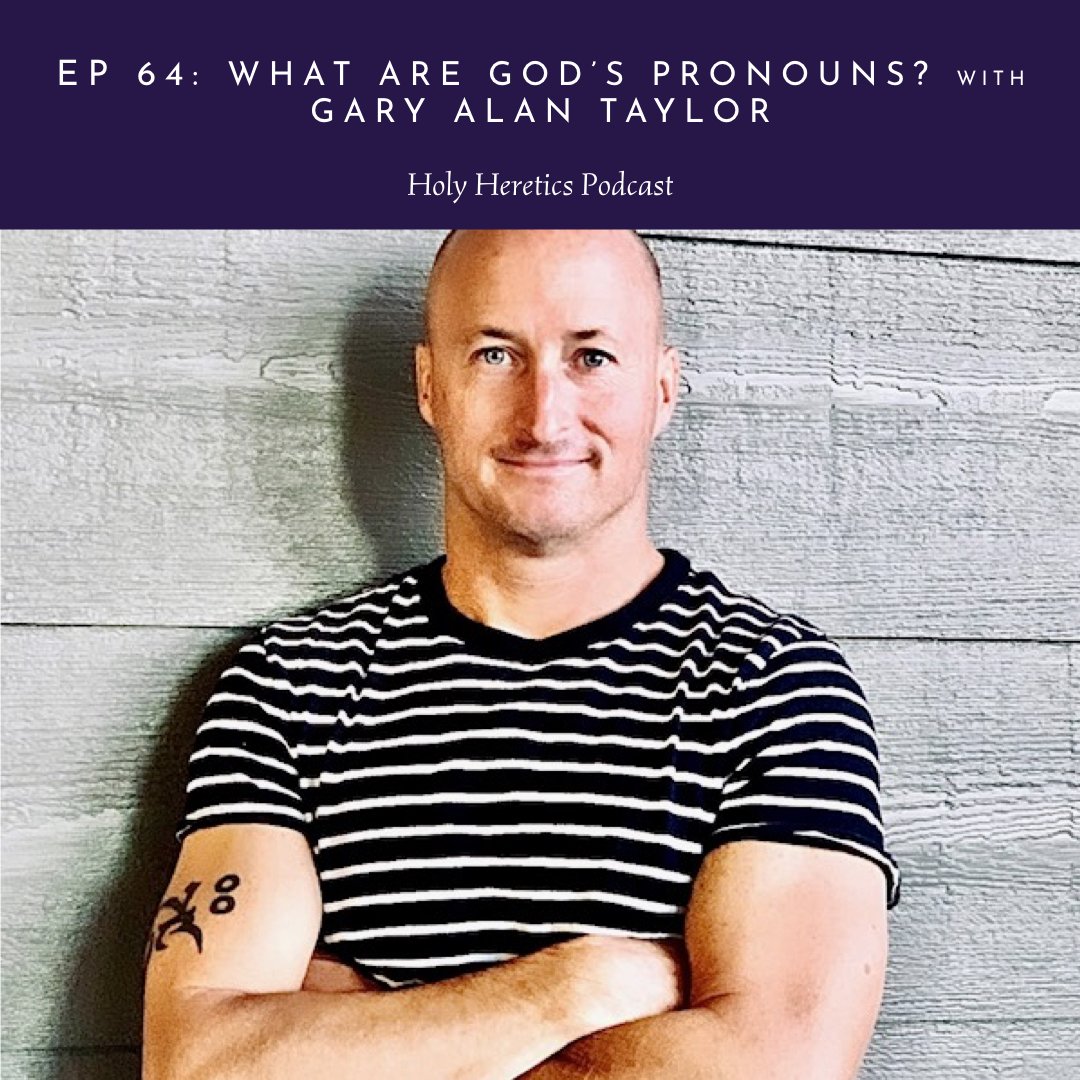
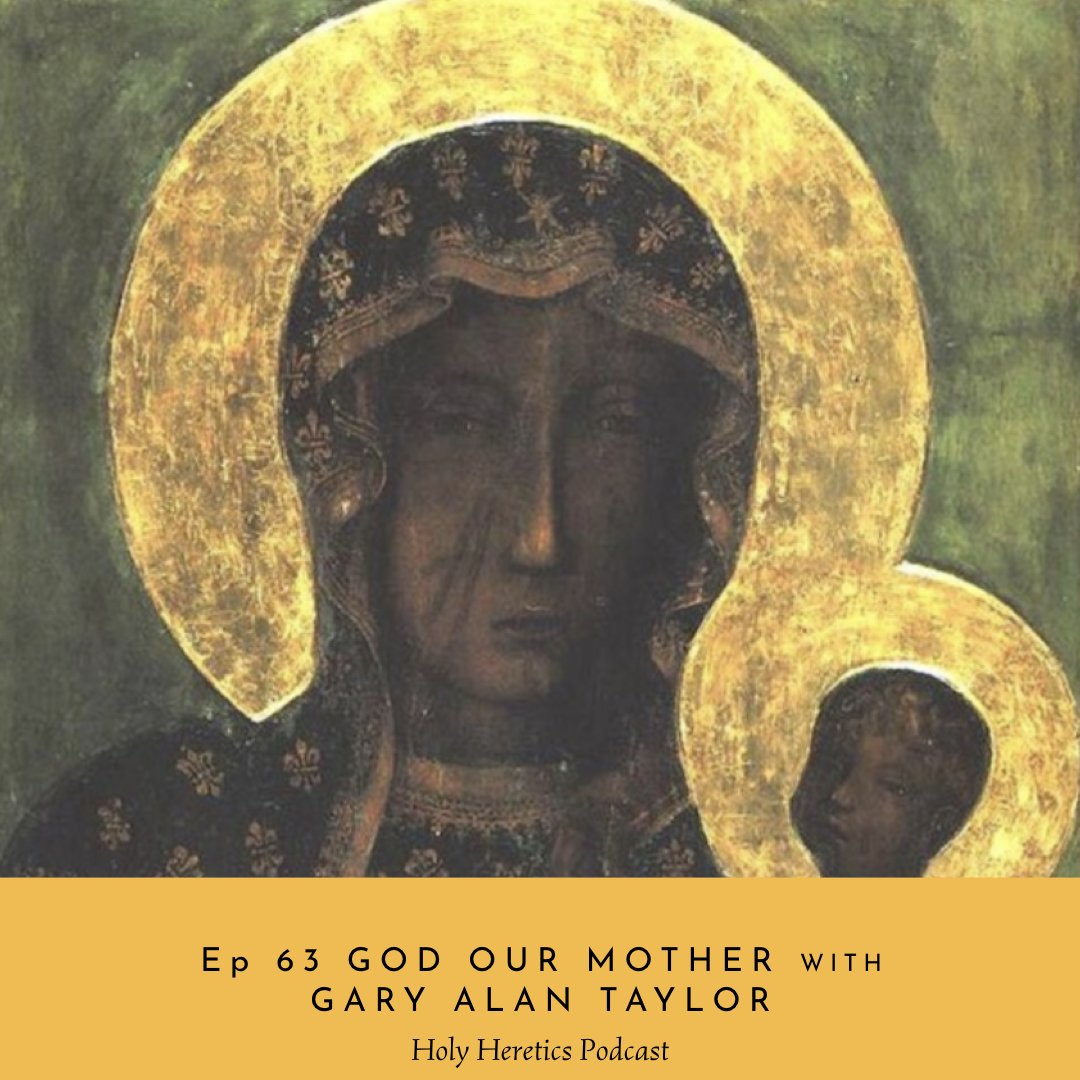
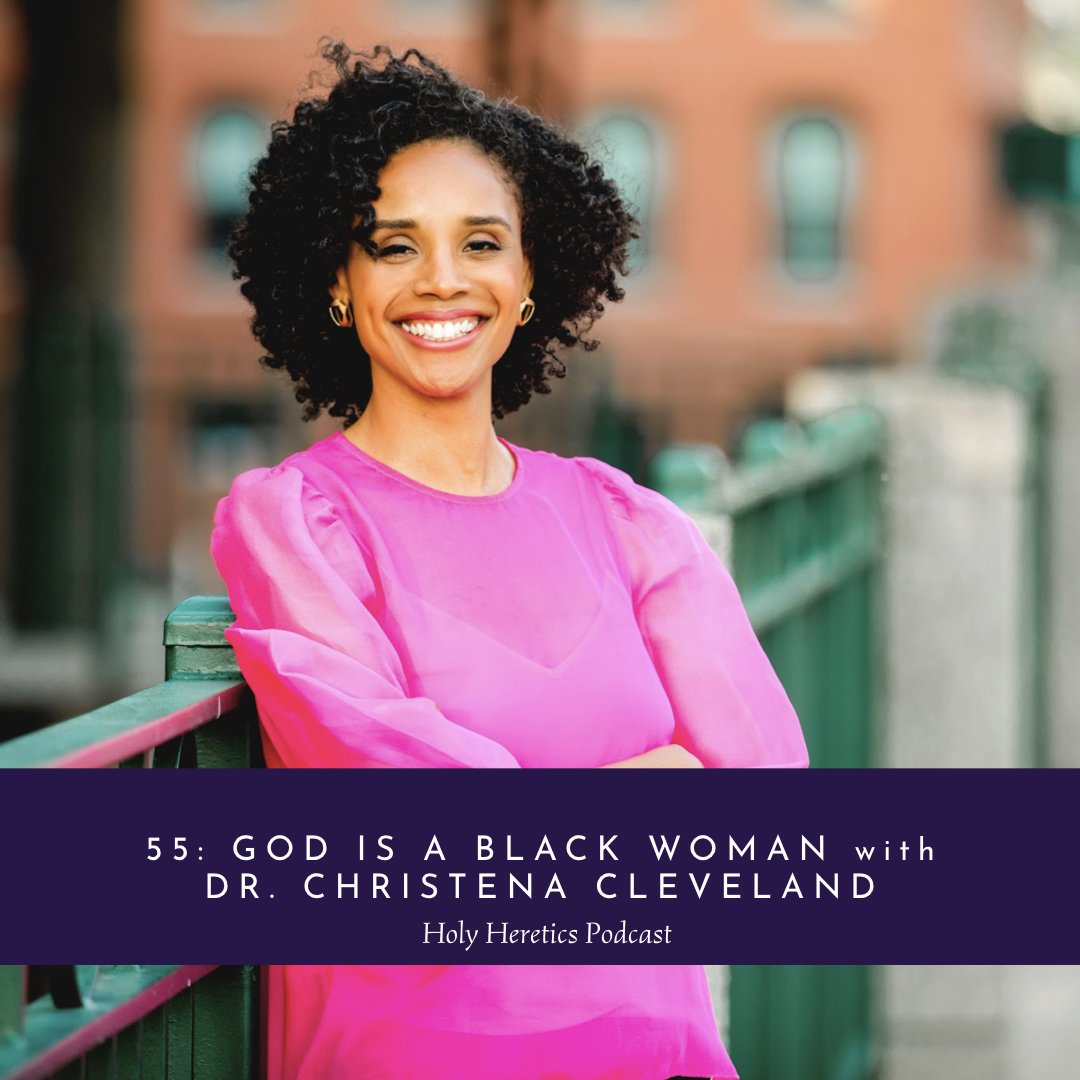
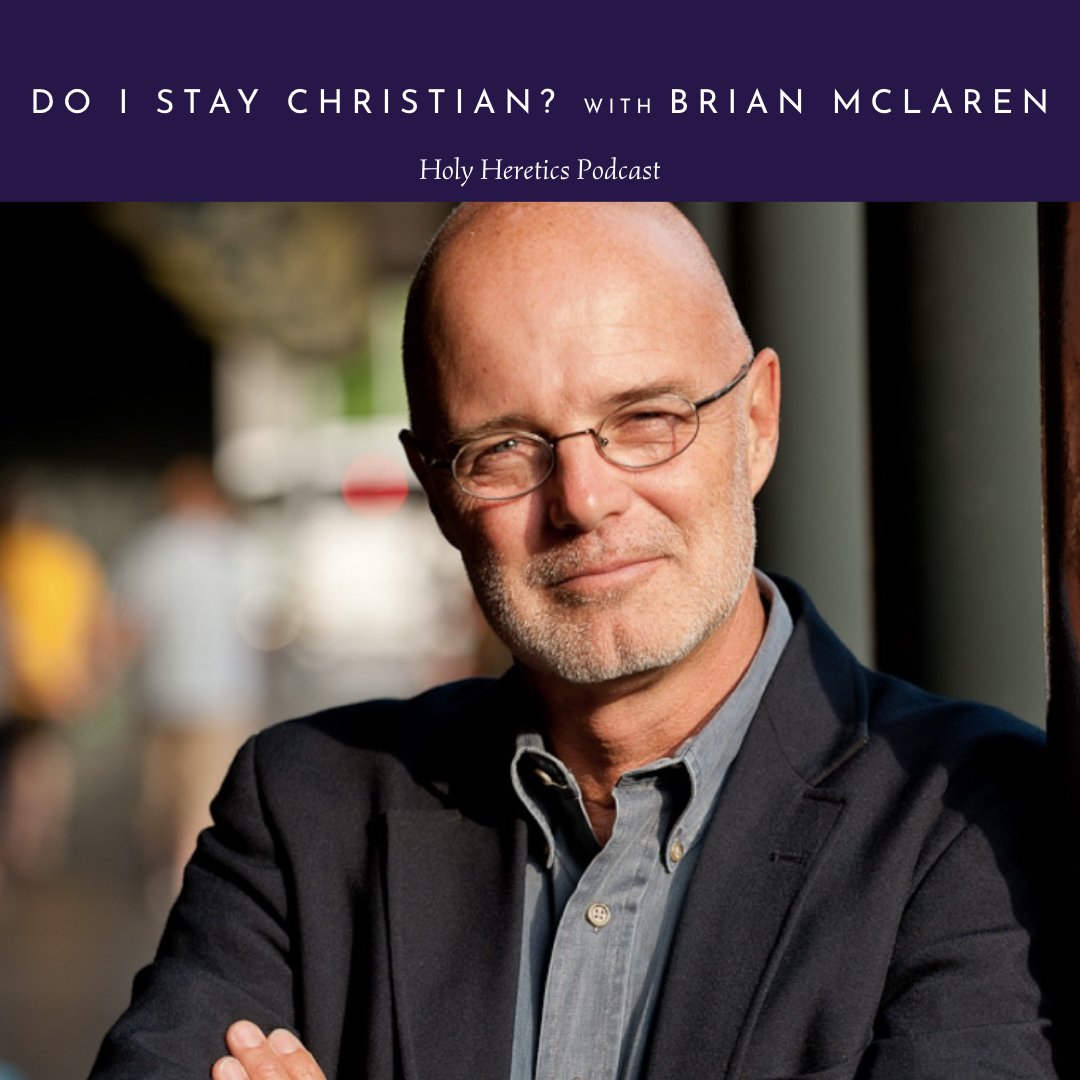
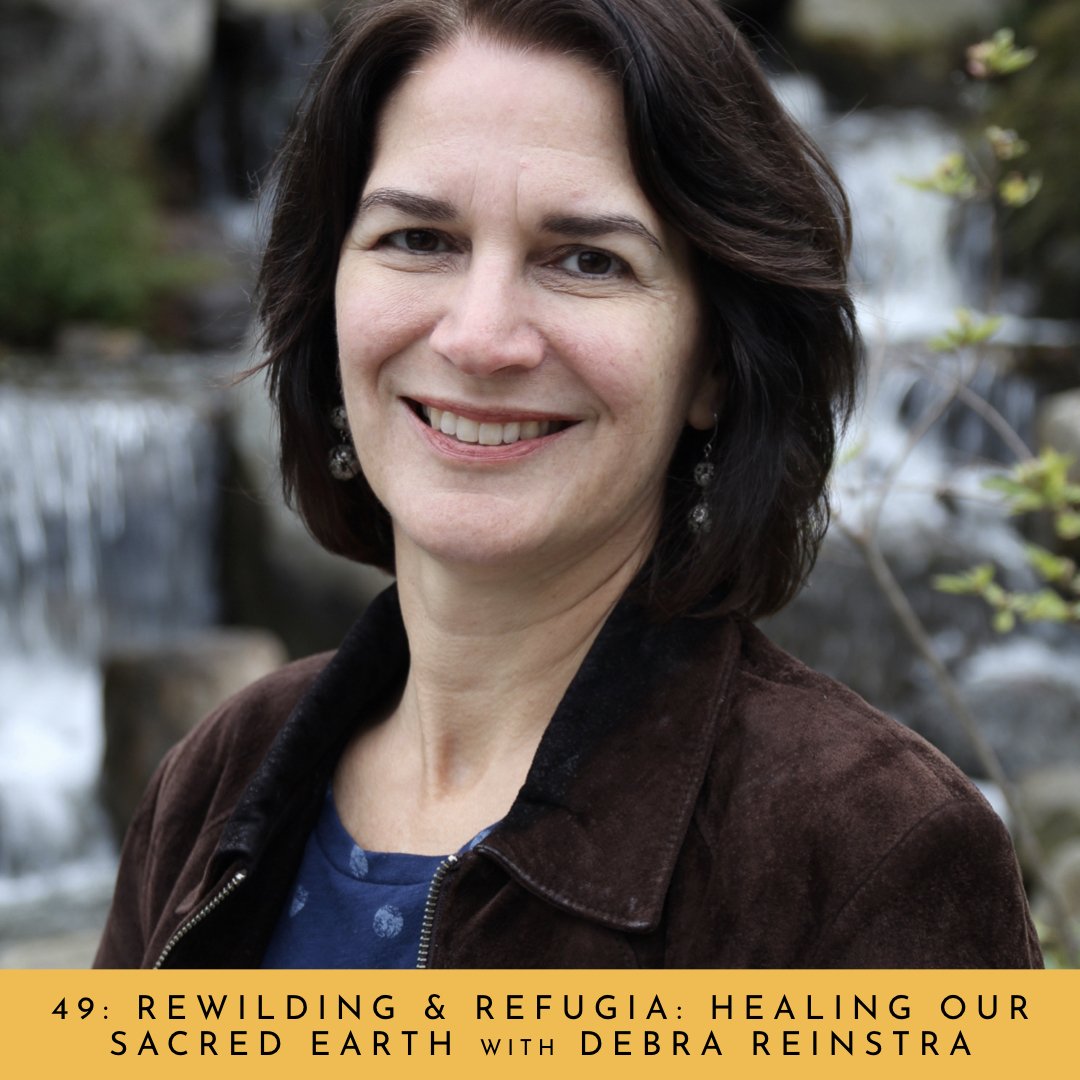
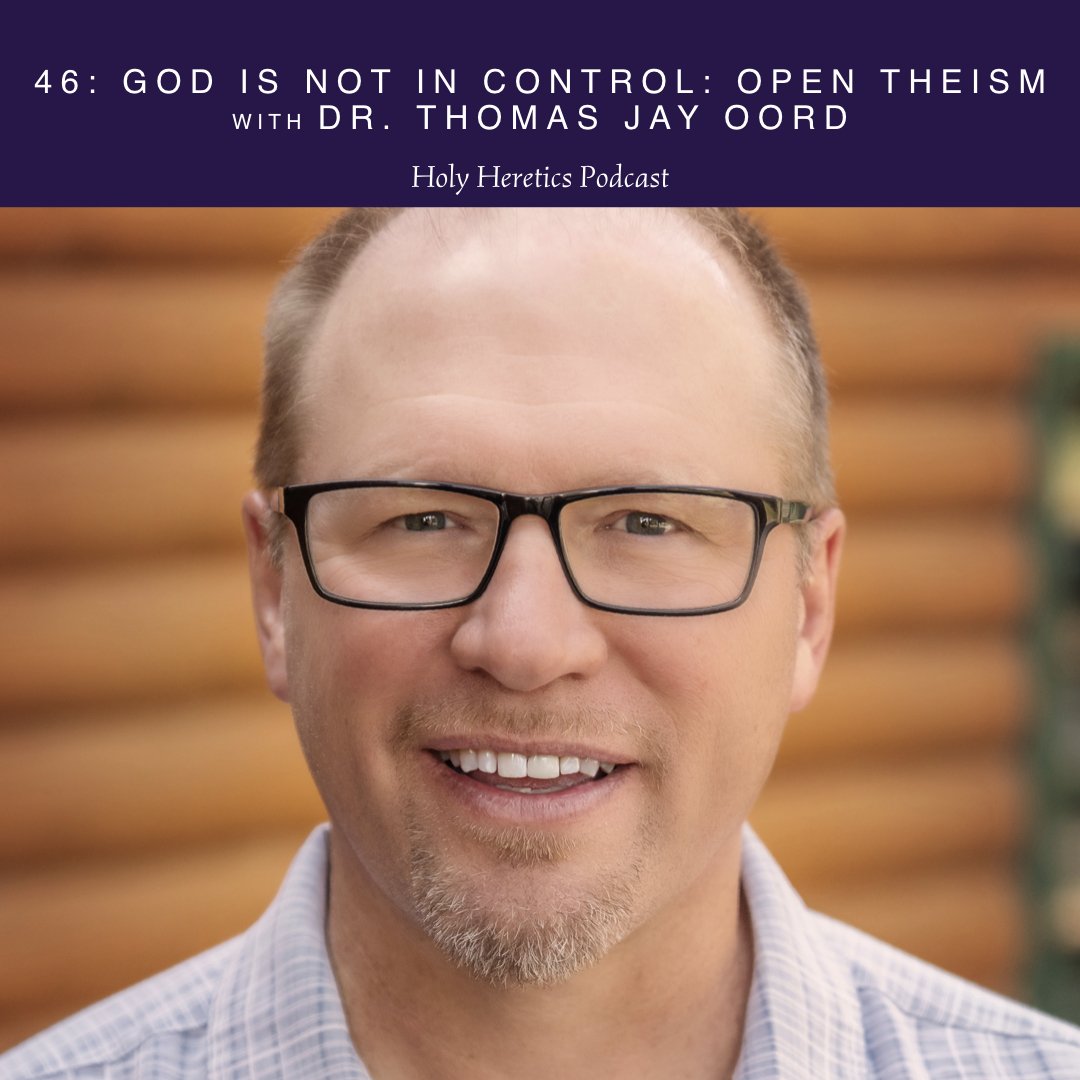
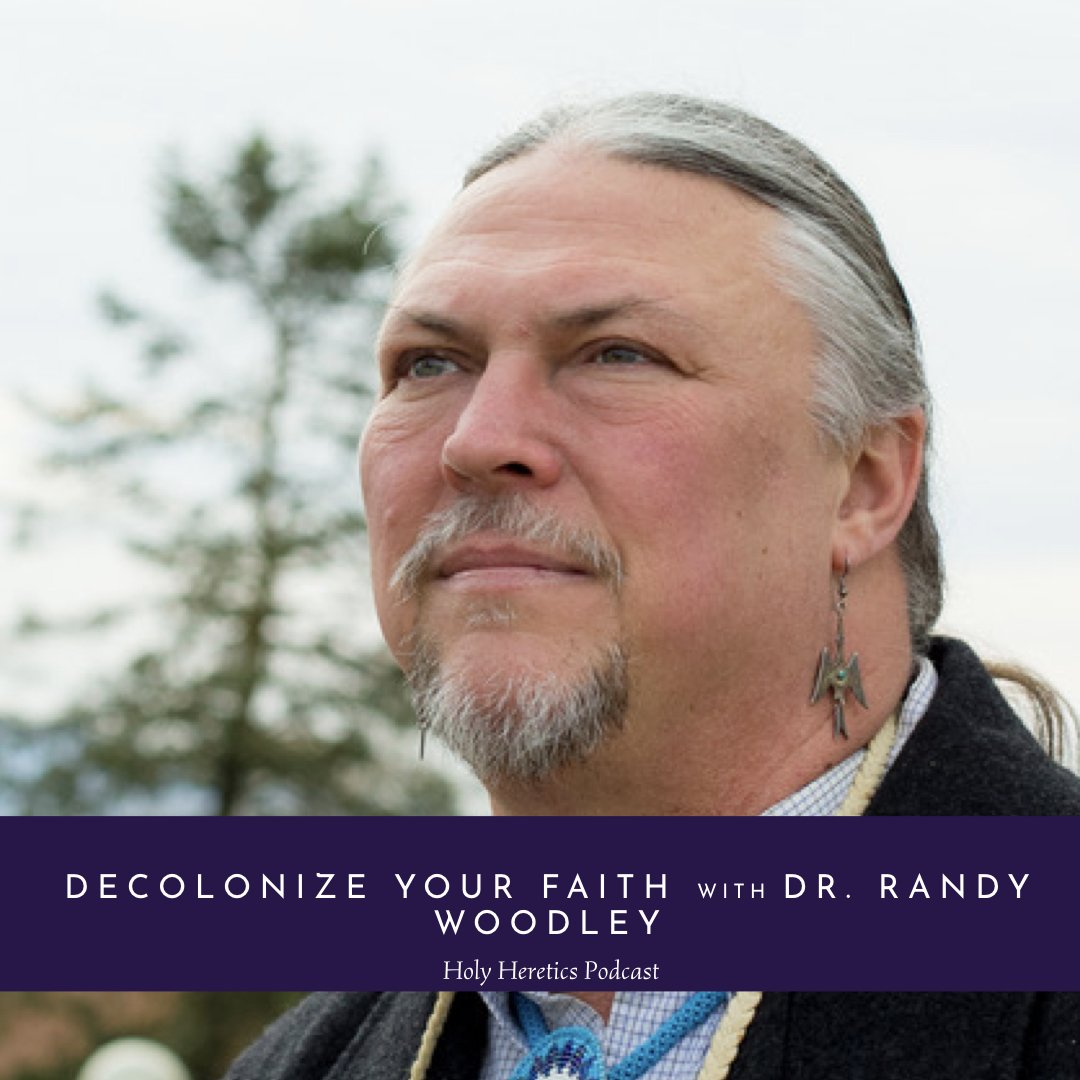
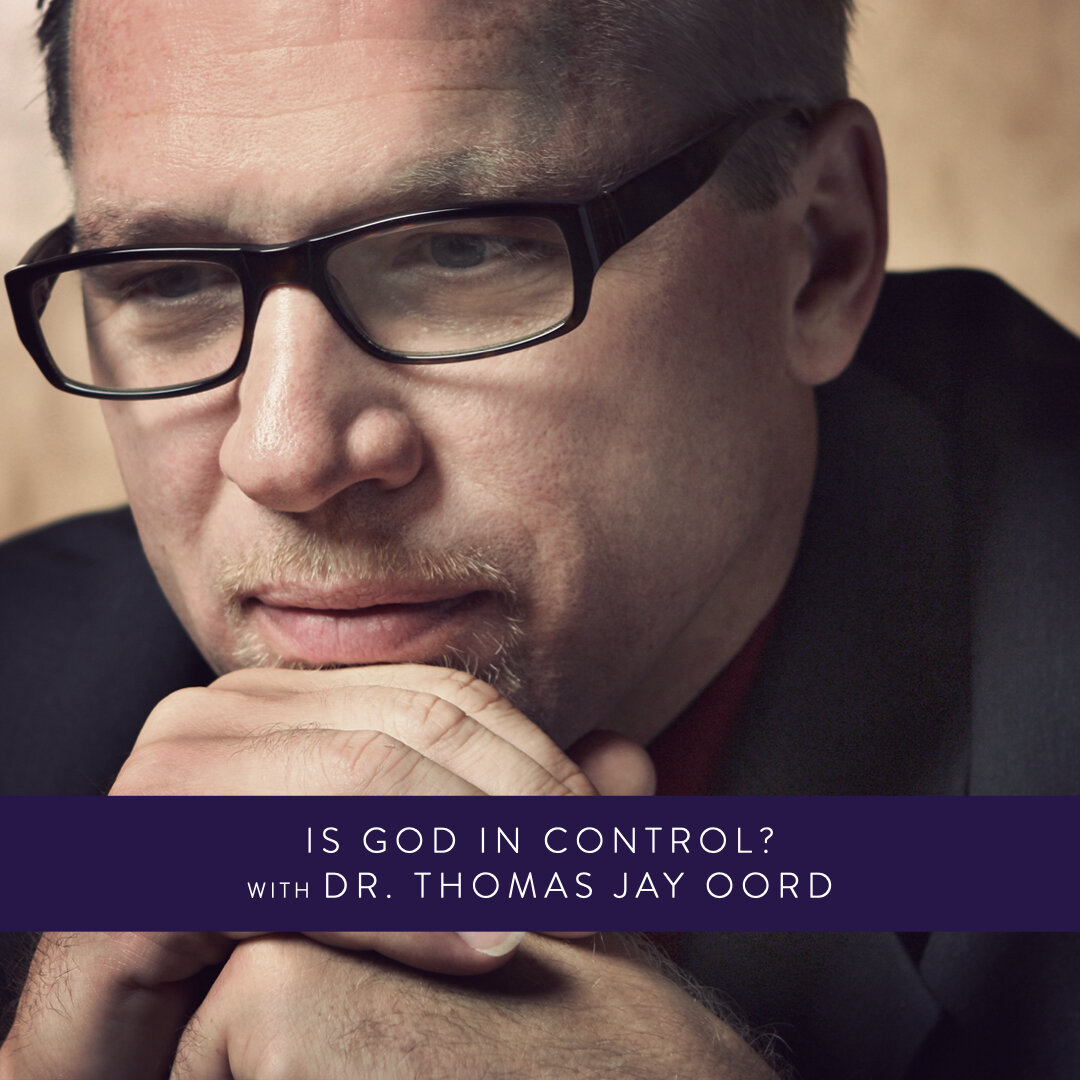
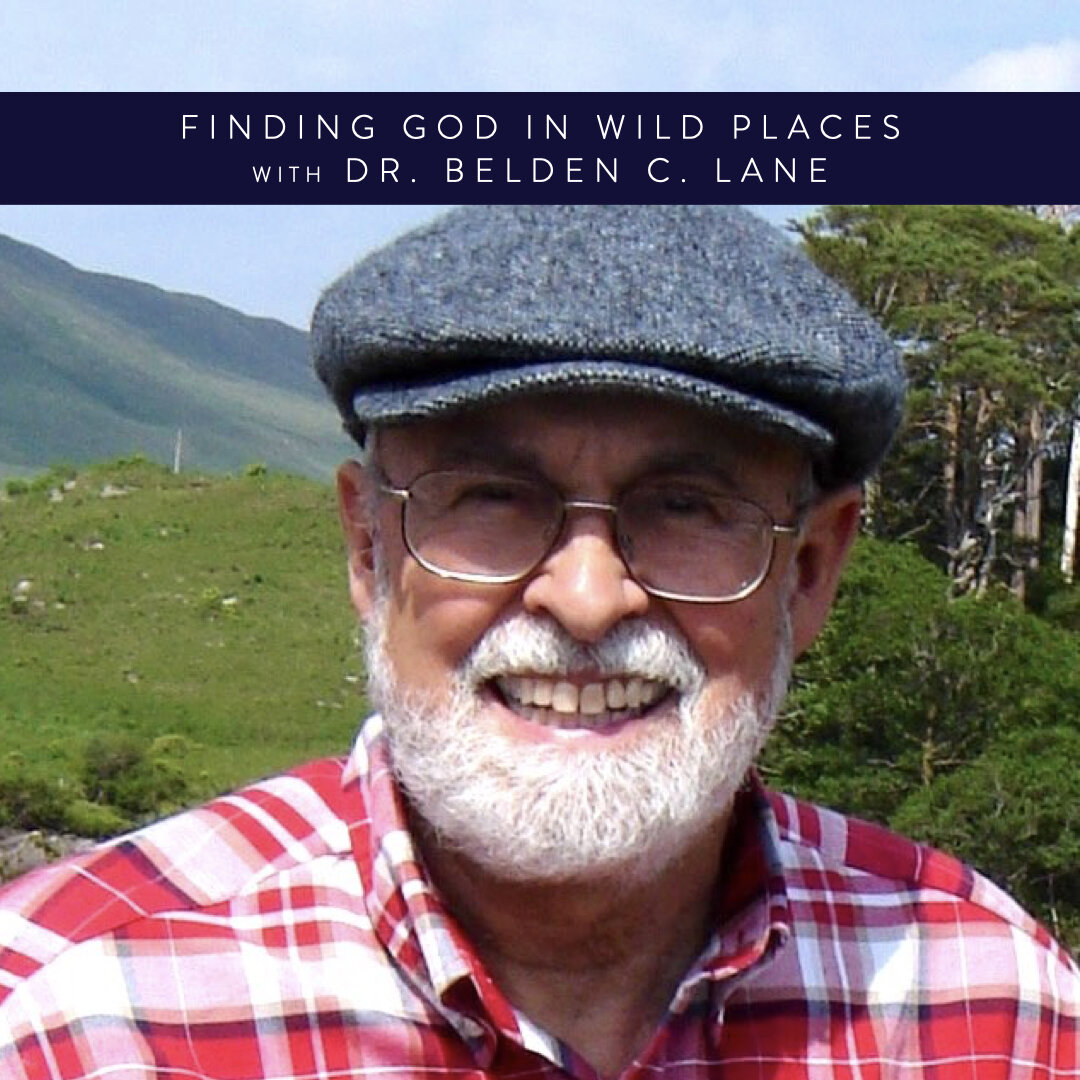
This rising interest in ecospirituality reflects a growing recognition that environmental issues cannot be addressed solely through scientific or political means, but also require a profound shift in our worldview, values, and spirituality.